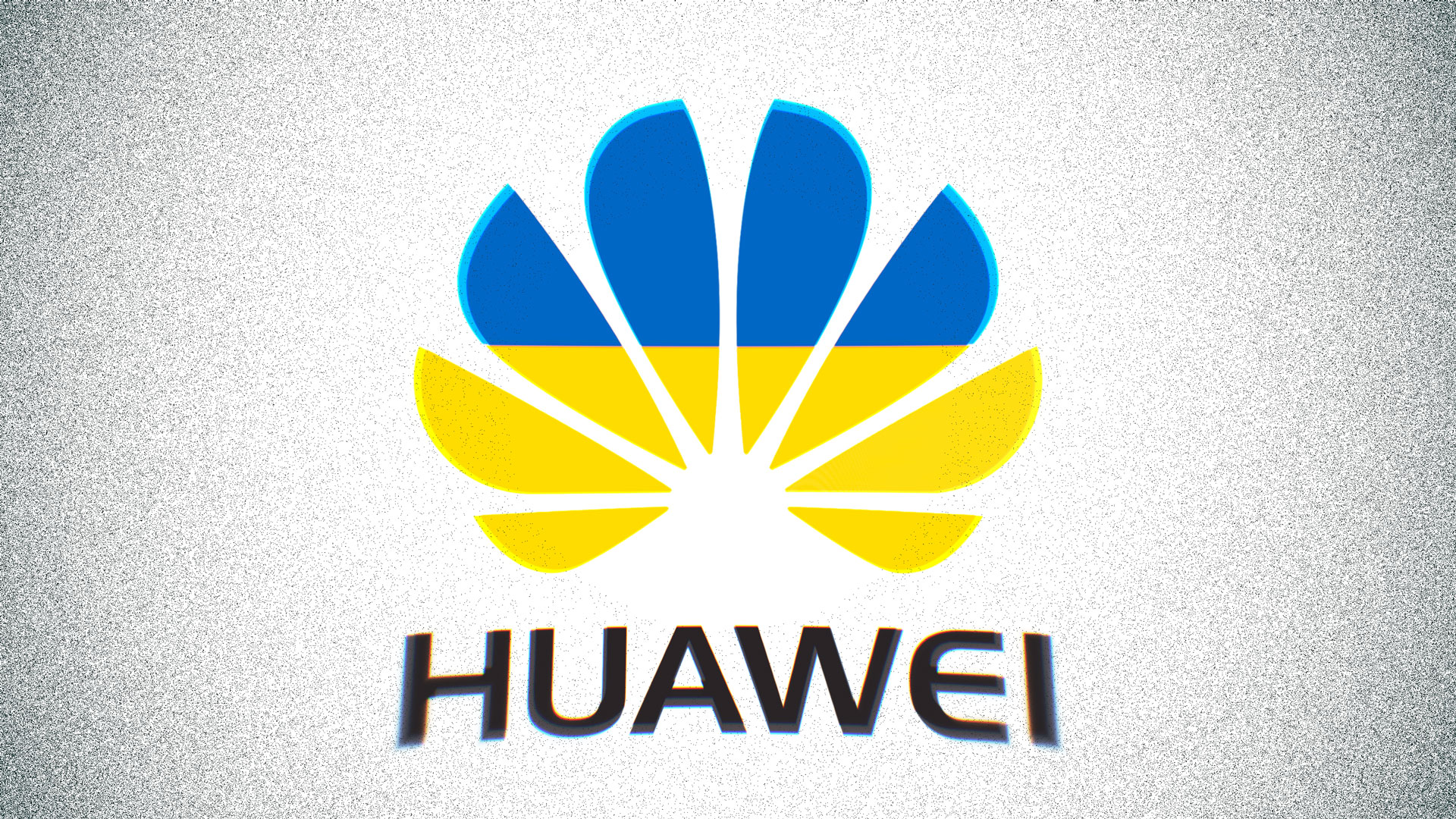Germany’s ‘China City’ Duisburg cuts ties with Huawei, citing Beijing’s relations with Russia
- Smart cities collaboration is now on hold pending federal government’s new China policy, spokesman for mayor’s office says
- It marks a dramatic policy shift for the post-industrial hub of 500,000 that had pitched itself as China’s ‘gateway to Europe’
Germany’s self-styled “China City” Duisburg has halted its controversial smart cities collaboration with Chinese tech giant Huawei Technologies, with city officials saying it was partly due to Beijing’s ties with Russia.
A memorandum signed in 2018 would see Huawei transform Duisburg “from a traditional industrial city into a service-oriented smart city”, modernising its public administration, port logistics, education and traffic infrastructure, using advanced 5G technology.
But this agreement expired last month and has since been scrubbed from the city’s website. City officials told the South China Morning Post that it would not be immediately renewed in light of “the current relations between Russia and China”.
All cooperation with Huawei is now on hold, said Falco Firlus, a spokesman for mayor Sören Link’s office, pending the federal government’s new China policy, which is due next year and set to recommend a sterner approach to dealing with Chinese entities.
“The federal government/EU is currently waiting to see whether an exchange with Huawei can be maintained – also against the background of the current relations between Russia and China,” Firlus said in an email.
He was referring to China’s “no limits” partnership with Russia, which was signed on the eve of the invasion of Ukraine and which has stoked suspicion of Beijing throughout Europe. Beijing has said it supports peace talks but has refrained from condemning Moscow’s invasion.
“During the coronavirus pandemic and until now, the cooperation with Huawei has come to a standstill. As soon as we have an assessment from the federal government, we will therefore reassess further cooperation with Huawei, taking all aspects into account,” he added.
It marks a dramatic shift in policy from the city, a post-industrial hub of 500,000 people on the banks of the rivers Ruhr and Rhine, which had flung open its doors to Chinese investment and pitched itself as China’s “gateway to Europe”.
In 2014, Chinese President Xi Jinping visited Duisburg, witnessed the arrival of a cargo train from the southwestern Chinese city of Chongqing, and pronounced it as the end of his Belt and Road Initiative.
Last month, it was revealed that Chinese shipping giant China Ocean Shipping (Group) Company (Cosco) sold its shares in the city’s inland port terminal in June.
Cosco had been integral to an ambitious plan to build Europe’s biggest inland port terminal in Duisburg, but that project will go ahead without backing from the Chinese state-owned enterprise.
“Cosco Shipping no longer holds any shares in the investment and operating company of the DGT. Irrespective of this, Cosco remains an important customer for the container terminals operating in the Port of Duisburg. Beyond that, there are no plans for Cosco to build further port facilities,” said Andreas Bartel, a spokesman for Duisburger Hafen AG, the port operator.
“Cosco Shipping also no longer has a shareholding under company law in the investment and operating company of the Duisburg Gateway Terminal (DGT) currently under construction,” he added.
Antonia Hmaidi, an analyst at the Mercator Institute for China Studies who has studied China’s investments in Duisburg, said it was unlikely that the partnership with Huawei would be revived in the long run.
“I don’t expect it to be salvageable – not with Huawei on the Entity List. It makes Huawei a very unattractive partner,” said Hmaidi, referring to the US government blacklist that bans named entities from acquiring US technologies.
Hmaidi – a long-time resident of Duisburg – said the hype about China in the city had been “inflated to some degree”, and that it had not delivered on its initial promise.
“It always felt like the promise and the optimism wasn’t really backed up by much. There were trains coming into the port from China, but probably two-thirds of them went back empty,” she said.
The Huawei plan had stoked controversy in Germany and around Europe. It was launched amid rising concerns about Huawei’s alleged links to the Chinese government, and whether these suspicions should disqualify it from rolling out 5G networks in the West, on security grounds.
In the case of smart cities, some fretted that it could allow the Chinese government to access reams of critical data. But few concrete projects were undertaken in the end. City officials said that they had “tested Huawei hardware in our data centre and to optimise traffic light circuits”.
“Most worryingly, the city considered digitising its administration with Huawei’s help at a time when the debate over the security of the cyber infrastructure had already flared up, showing a lack of risk awareness and strategic thinking,” wrote Tim Hildebrandt, a research associate at the Ruhr West University of Applied Sciences, in a recent article for analysis portal China Observers.
Huawei has publicly denied any links to the Chinese government, and refuted allegations that its technology poses a security risk. The company did not respond to a request for comment.
Developments in Duisburg come amid a broader debate about Germany’s economic relationship with China.
On Wednesday, Chancellor Olaf Scholz’s cabinet vetoed the sale of German chip maker Elmos to a Swedish subsidiary of Sai MicroElectronics, a Chinese company, Bloomberg reported.
Last month, however, Scholz pushed through Cosco’s purchase of a 25 per cent stake in a terminal at the Hamburg port against the advice of six of his ministries, the European Commission and the United States.
The decision was finalised on the eve of Scholz’s first visit to China as chancellor, where he met Xi and vowed to deepen economic ties.








No comments:
Post a Comment
Note: Only a member of this blog may post a comment.